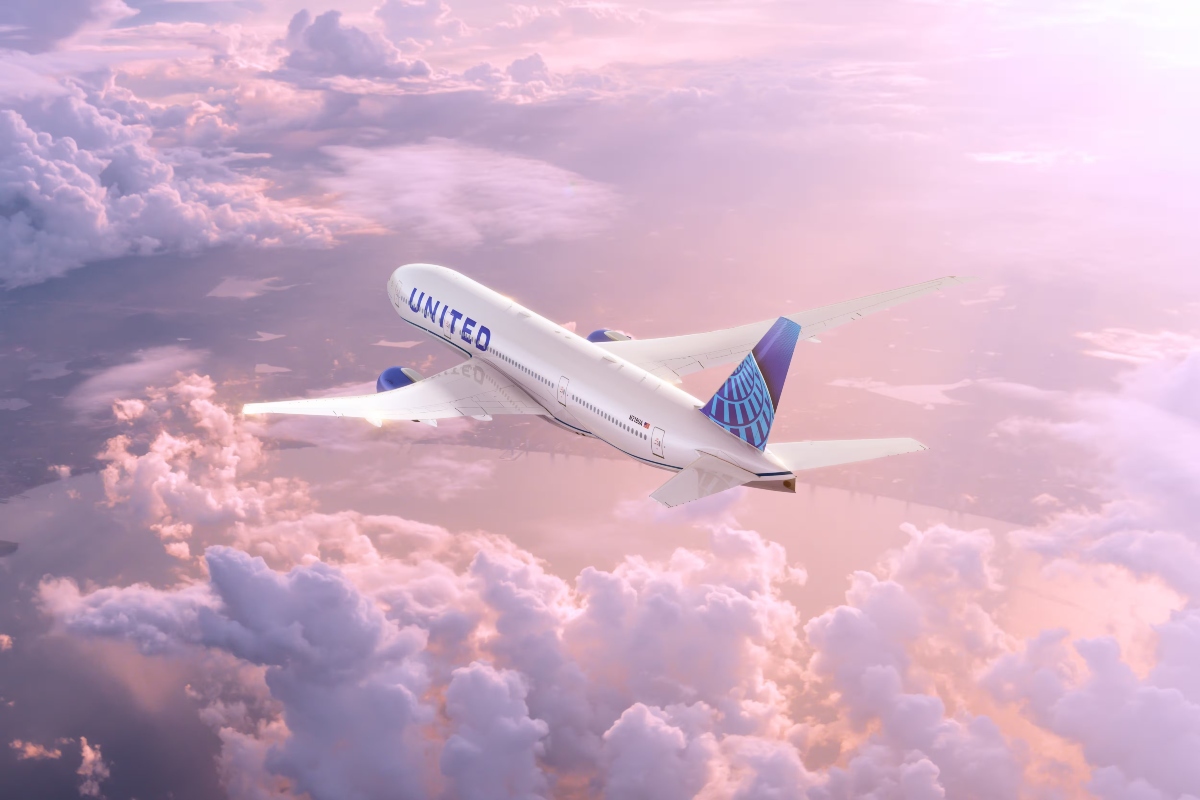A United Airlines flight bound for Boston was diverted on Sunday, 28 July, after crew members reportedly began vomiting. This incident prompted concerns of a potential “biohazard” situation onboard. Following a medical predicament involving a passenger and the subsequent crew illness, United Airlines Flight 2477, which took off from Houston at 9:39 a.m. CT, was rerouted to Washington-Dulles International Airport.
In an air traffic control recording shared by flight tracking site RadarBox, the pilot can be heard urgently informing controllers of the situation.
United Airlines crew and passengers vomiting due to a “biohazard” from a passenger and flight diverted to Dulles as UA2477 (Boeing 737-800 IAH-BOS) this afternoon.
— Thenewarea51 (@thenewarea51) July 28, 2024
Big thanks to Bill B. for sharing the audio and @RadarBoxCom for tracking. pic.twitter.com/LOojAnsbZH
“I talked to the crew and it sounds like it’s quite bad back there. It’s still really bad. The crew is vomiting and passengers all around are asking for masks,” the pilot stated. “Especially with this kind of being a biohazard, I think we need to probably get this plane on the ground ASAP.”
What United Airlines Said About The Crew Vomiting
United Airlines confirmed the diversion in a statement to Times Now. “Flight UA2477 from Houston to Boston diverted to Washington-Dulles after a passenger experienced a medical issue, the quote reads. The aircraft is currently undergoing a deep clean, and we are working to get customers on their way to Boston soon.”
The Boeing 737-800 aircraft, carrying 155 passengers and six crew members, landed safely at Washington-Dulles. United Airlines reported that no passengers or crew required medical assistance upon arrival. After deep cleaning, the aircraft departed Washington-Dulles at 5:17 p.m. CT to continue its journey to Boston. It arrived over six hours behind schedule.
While United Airlines did not provide specific details on the cause of the illness, reports suggest it may have been related to a passenger’s medical condition. Airline networks are vulnerable to the domino effect of such diversions, which can delay following flights and displace crew and aircraft. In this case, the next scheduled flight for the affected aircraft from Boston back to Houston was delayed by nearly five hours.





